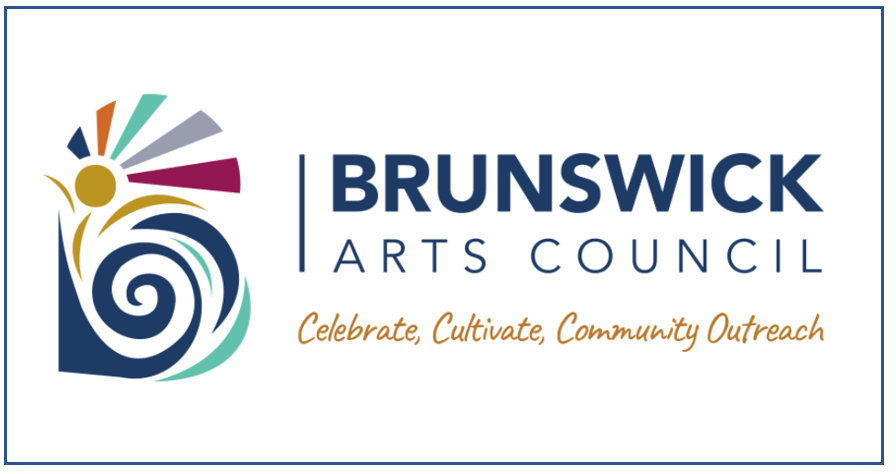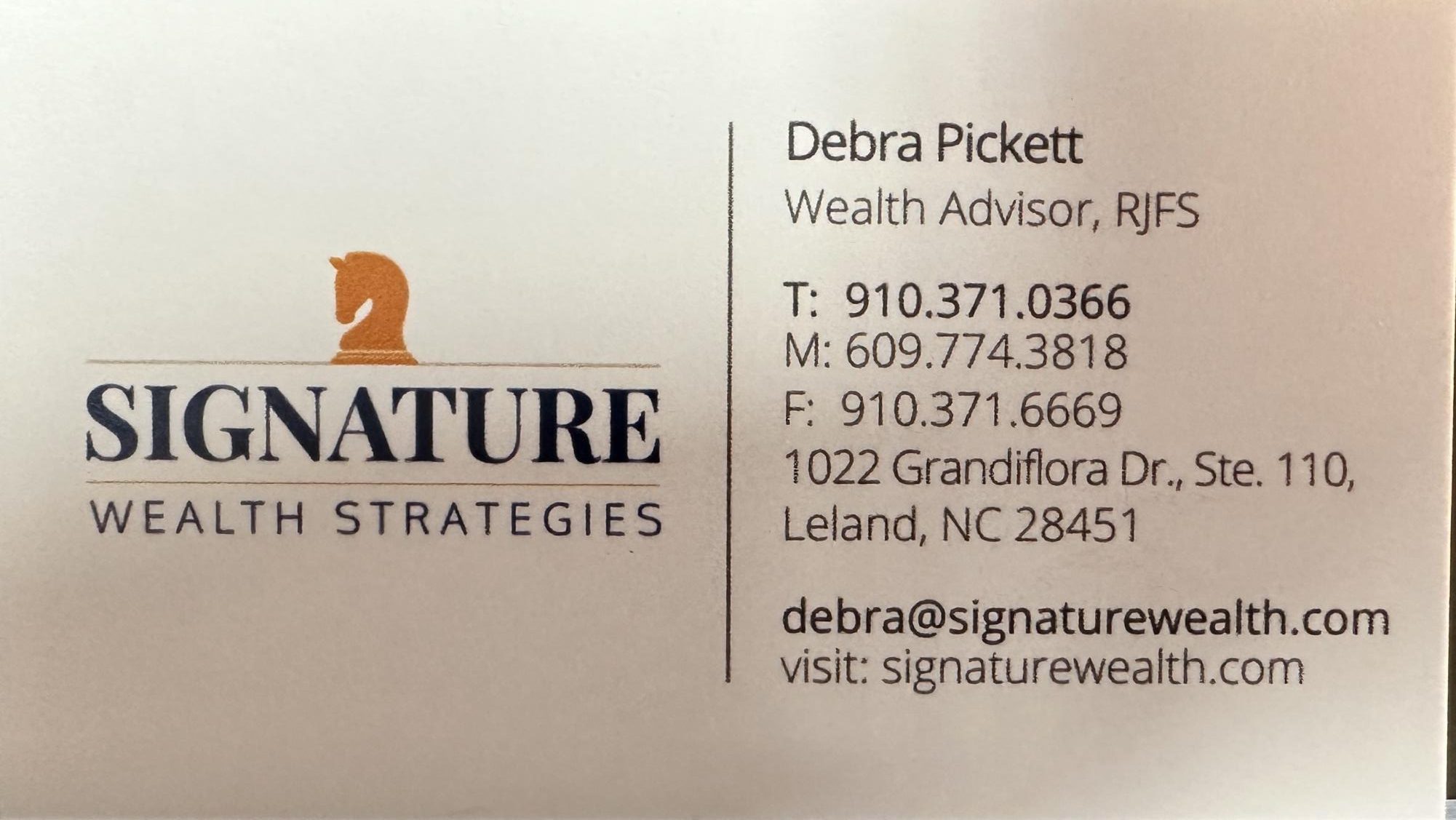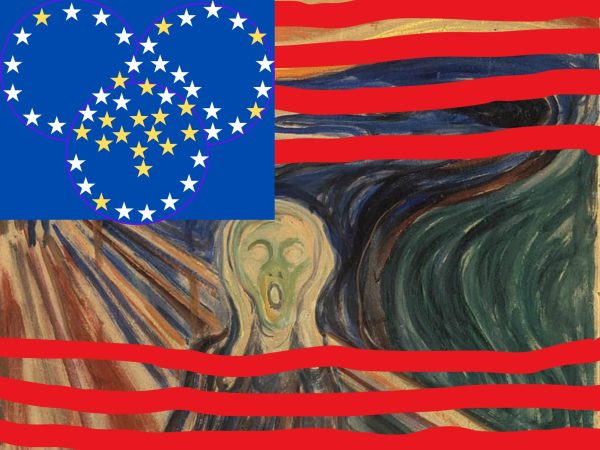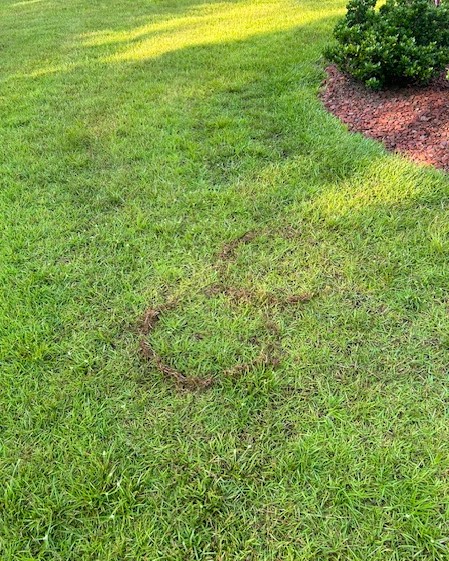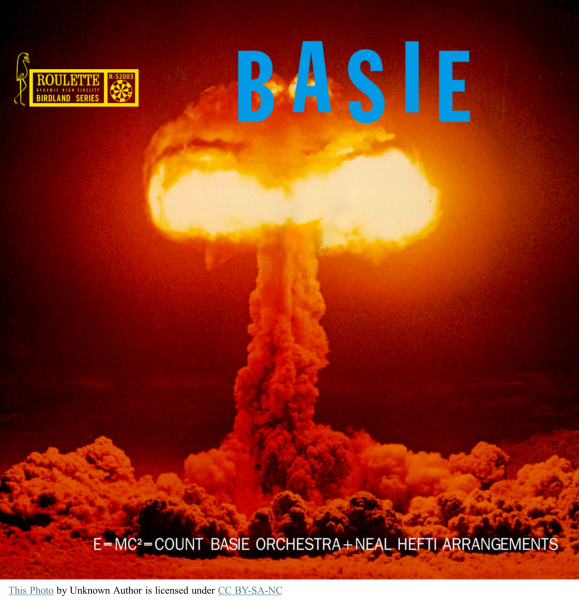Young People and Media Literacy

May 29, 2022
Gone are the days when you had to actually go somewhere to socialize; you needed an encyclopedia to “bone up” on a subject for your class essay; people sent letters, not emails; and we got the news from trusted television news anchors and reputable newspapers. The rise of the internet and social platforms has changed all that. Now, communication and the spread of information happens in the blink of an eye, as does the “fake news” and the disinformation we are bombarded with.
According to studies, like one at Stanford University, young people have difficulty judging the credibility of online information. This is not enlightening since it’s obvious us old timers don’t fare much better. It seems everyone nowadays is exposed to cable news (news entertainment if you will,) on-line outlets and, of course, social media. Leaning on the freedoms our great country provides, people who report or post can offer their opinions as fact without repercussion or being “fact-checked.” This media content comes in many forms and platforms and it makes it difficult to verify the source as reputable.
How then, do we distinguish between fact and fiction. How then, do our young people, our hope for a bright future, protect themselves from forming opinions based on manipulated truths, lies, and conspiracy theories? The answer to these burning questions doesn’t come easy. But a good first step for every young person reading this, is to “bone up’ on media literacy. For example, you should know how to access, analyze, and evaluate media and how best to create it yourself.
You should recognize that media products are the child of someone else’s thinking and, therefore, they can just as well be based on opinion as on fact. Because of socio-economic factors and beliefs, audiences will interpret the message differently regardless of the social, economic, or political implications.
Recognize when online, you will most likely get what you ask for. Tom Flannigan of WFSU Public Media said this. “What exactly are you Googling? If for example you Google: ‘Coronavirus facts,’ you’re going to get factual links to things like the CDC and the World Health Organization and Johns Hopkins. But if you Google: ‘Coronavirus truth,’ you’re going to get a very different return because it’s going to assume you want to know about conspiracy theories and things that may not be factual or statistical, but instead theoretical.”
Arizona State University lists seven ways to protect yourself from misinformation.
Pay attention to where the information is coming from.
If you get information from social media, check the original source.
Within news articles, examine the sources and how they are included.
Read beyond the headline.
Get your information from a variety of sources.
When you see your friends and family share misinformation, correct them.
Find out what other information is out there.
Remember, most of what you get online is nothing more than hype, until you’ve done your homework.

